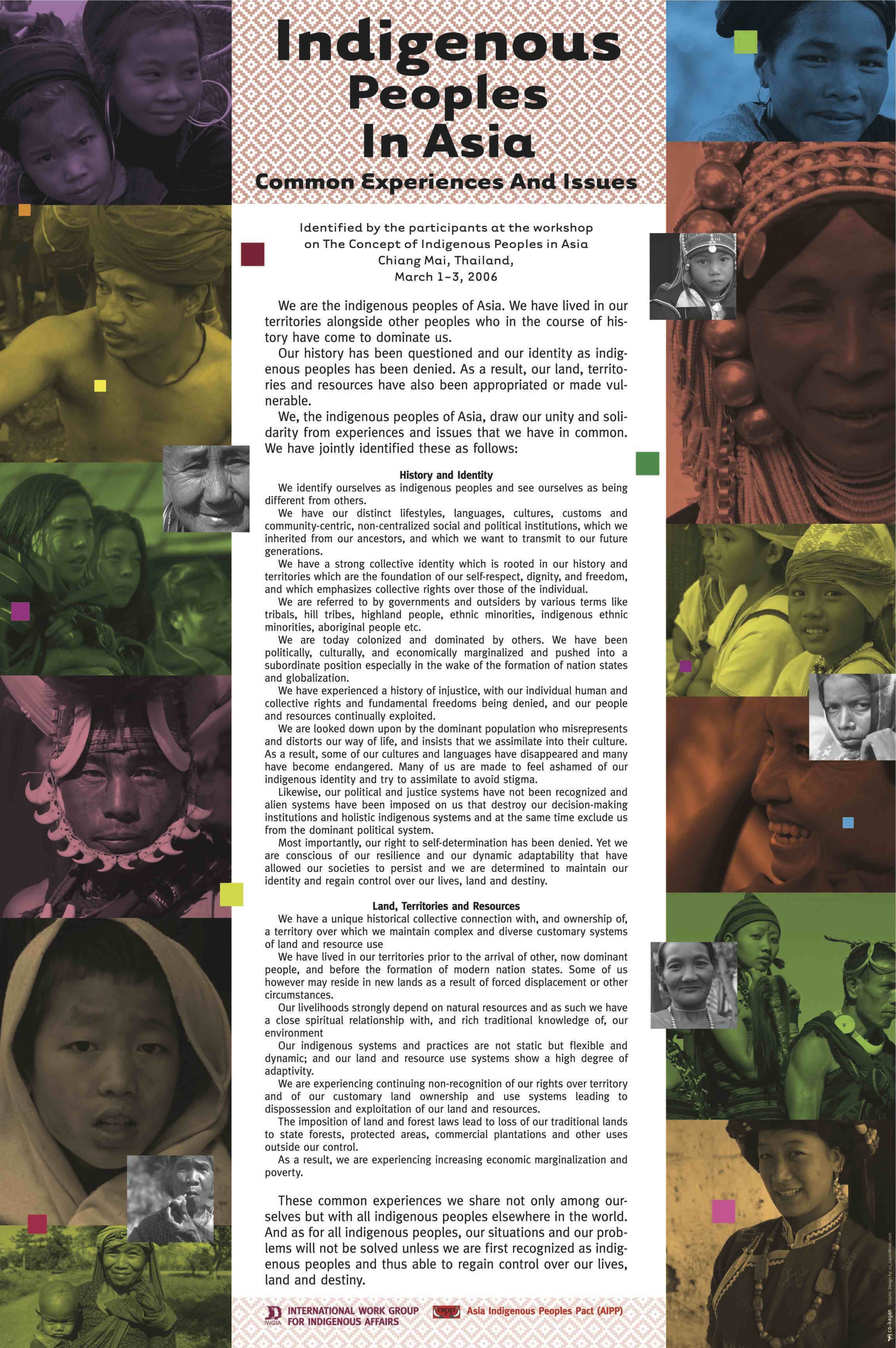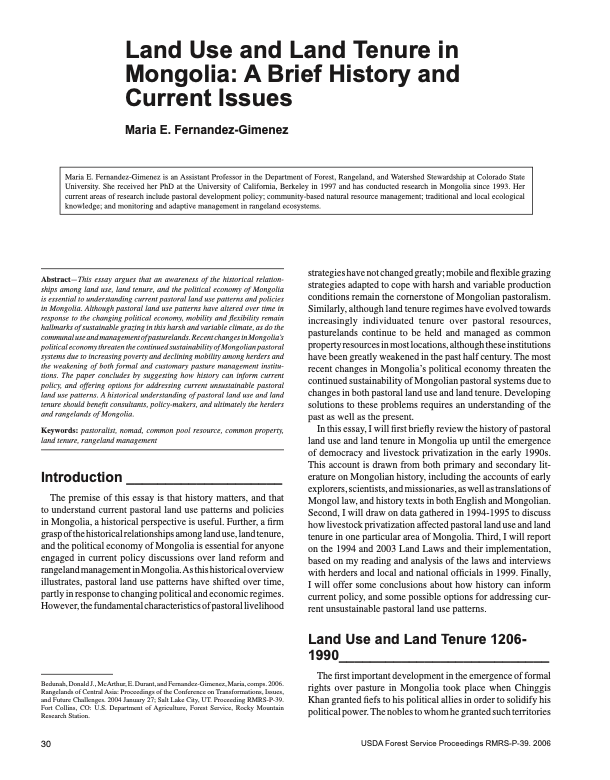Customary Land in Zambia
The study has established that customary land in Zambia is enormously significant because land is central to human existence and a large proportion of Zambians depend on it for their livelihood. Customary land in Zambia is the source of food and other necessaries for human existence for the villagers whose entire spectrum of perceptions of life are rooted in the cultural configurations and heritage of rural activities. Further, the study has found that the land can be made more productive without converting it to leasehold.






